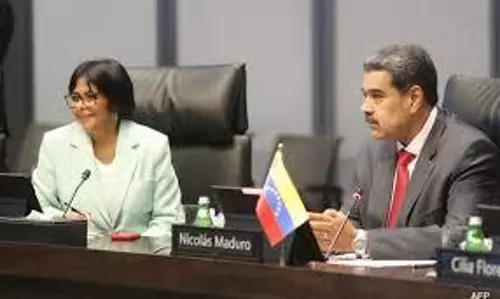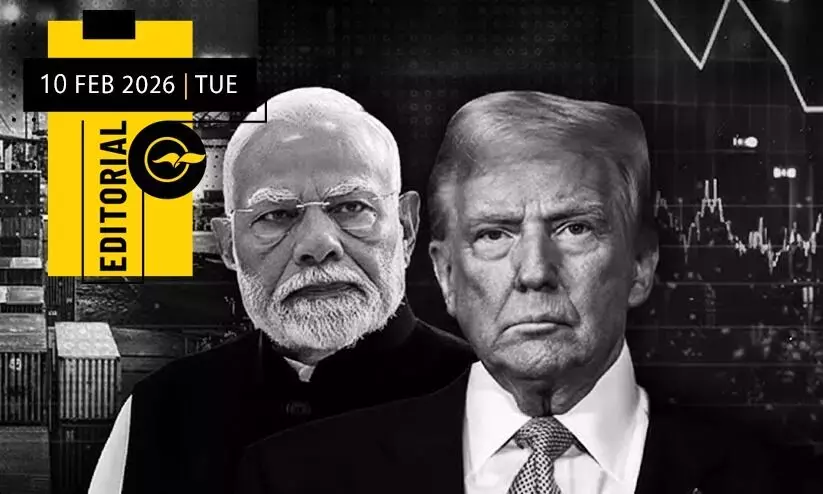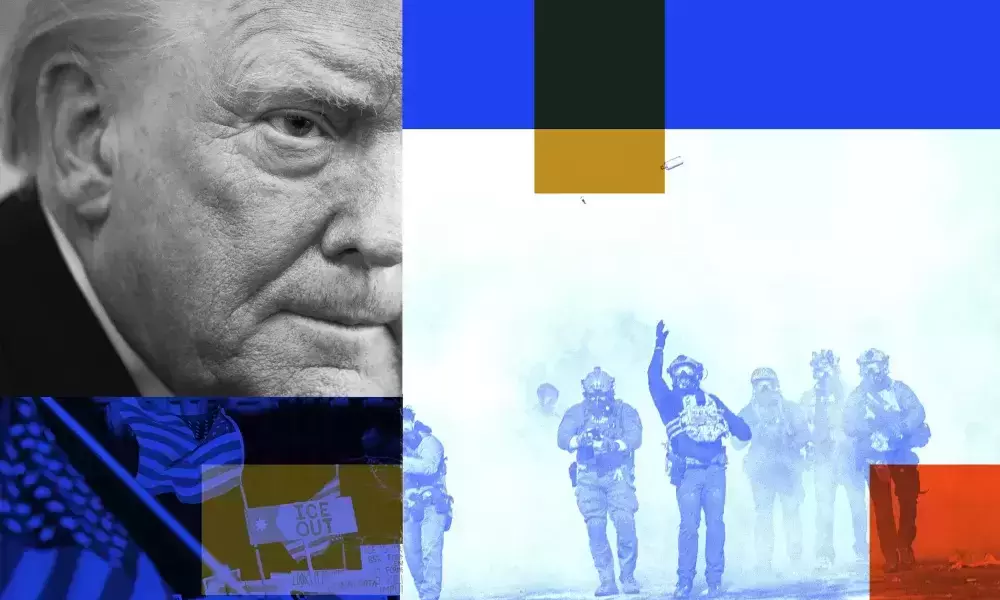
Israel vows response to Iran's attack amid fears of further escalation of war
text_fieldsTensions in the Middle East have surged following Iran's weekend attack on Israeli territory, prompting Israeli officials to pledge a response and raising concerns about the escalation of conflict in the region.
The attack, which involved a barrage of missiles, cruise missiles, and drones launched into Israeli territory, has intensified fears of open warfare between Israel and Iran, while also sparking appeals for restraint from Western leaders and international bodies.
In response to the attack, Israeli Prime Minister Benjamin Netanyahu convened his war cabinet for the second time in less than 24 hours, underscoring the gravity of the situation.
Israel's military Chief of Staff Herzi Halevi asserted that the country would retaliate against the aggression but refrained from divulging specific details. The attack by Iran, allegedly in retaliation for an Israeli strike on its embassy compound in Damascus earlier in the month, has further complicated the already volatile situation in the region.
Amidst the escalating tensions, several Western countries, including France, Germany, and the United Kingdom, have urged Israel to exercise restraint to avoid a further escalation of hostilities.
European Union's High Representative for Foreign Affairs and Security Policy, Josep Borrell, emphasized the need to de-escalate the situation, warning against the potential consequences of a full-blown conflict.
The United Nations Secretary-General Antonio Guterres echoed similar sentiments, stressing that neither the region nor the world can afford more war at this critical juncture. Russia, while refraining from publicly criticizing its ally Iran, expressed concern about the risk of further escalation and called for restraint to prevent a worsening of the situation.
Israel's key defensive policy of deterrence has come under scrutiny, with critics blaming the Netanyahu government for undermining Israeli deterrence through its actions. Opposition leader Yair Lapid accused the government of becoming an existential threat to Israel and asserted that Israeli deterrence has been shattered, leaving the country vulnerable to further attacks.
The escalating tensions have also drawn the attention of the United States, with President Joe Biden reassuring Netanyahu that Washington would not participate in any Israeli counteroffensive against Iran. The Biden administration, while hopeful for a resolution that avoids direct physical confrontation, has indicated a readiness to support Israel through alternative means, such as cyber-attacks or covert operations targeting Iranian proxies or military assets.
As Israel weighs its response to Iran's aggression, concerns mount about the potential for further escalation and the widening of the conflict beyond the borders of Israel and Iran. With the spectre of regional warfare looming, diplomatic efforts to defuse tensions and prevent a descent into all-out war have taken on heightened urgency.























